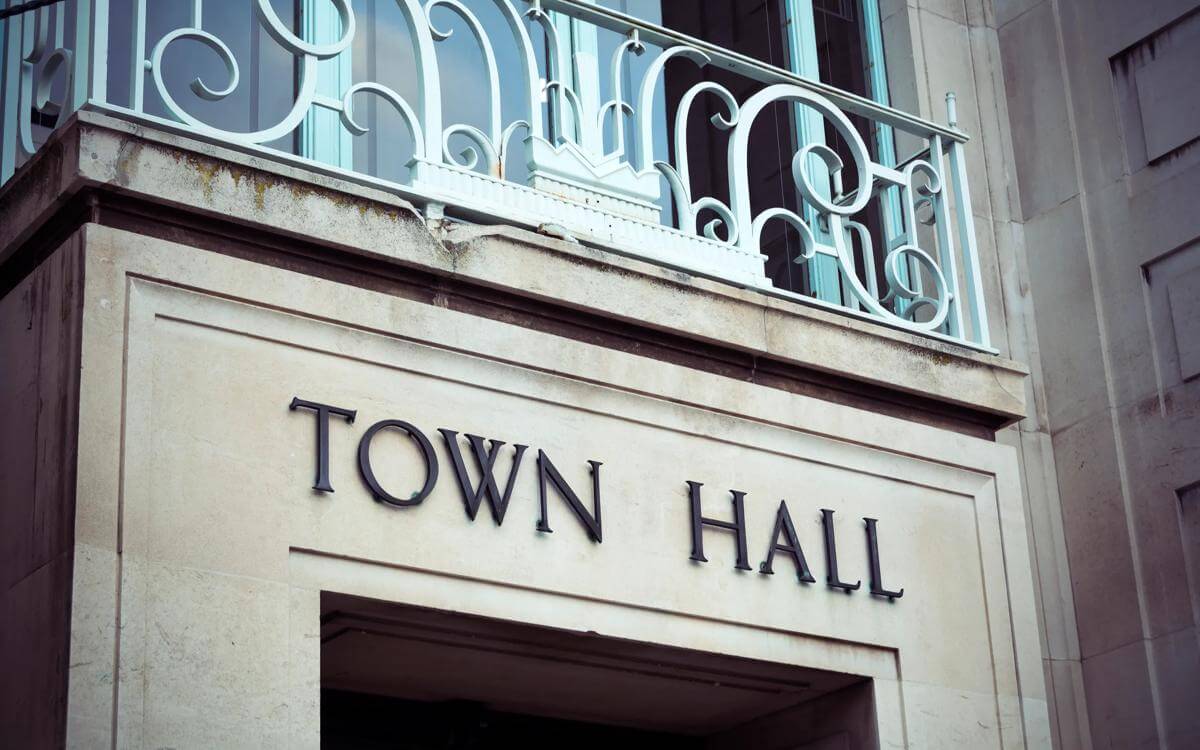This morning (6 June) the Supreme Court has handed down its decision in Poole Borough Council v GN and another. The court dismissed the appeal and upheld the decision in the lower court that the claim should be struck out. The claim addresses broad issues with the potential to impact on negligence claims against many public bodies including health and education.
The background to the case dates back to 2006. The claimants were two children, and one of these had serious physical and learning difficulties. They were found accommodation by Poole as the local housing authority. The accommodation was owned by a housing partnership. Nearby lived a family who subjected the children and their mother to harassment and abuse. A later report commissioned by the Home Office criticised Poole Borough Council, the housing partnership and Dorset Police for failing to intervene.
The particular issue for determination by the Supreme Court was whether a local authority owes a common law duty of care to children in its area who it knows or ought to know are at risk of harm. The Supreme Court has concluded that there will not be a duty of care in negligence solely as a result of such circumstances.
James Arrowsmith, head of law firm Browne Jacobson’s social care and abuse team commented on the outcome:
“The decision reaffirms limits on claims against public bodies that arise as a direct result of statutory functions. It will also mean that the law applicable to social services interventions will be more in line with the law that is applicable to the Police.
“The Supreme Court specifically dealt with the absence of any evidence in the claimant’s case of an assumption of responsibility, including reliance on the local authority intervention by the claimants. It is likely that in future claims there will be a close focus on any evidence of assumption of responsibility or reliance of this sort. The court may be asked to draw some fine distinctions between assurances which merely form part of a supportive social care relationship and those which are sufficient to create a duty of care in law.
“The claimant was not helped by the fact the court concluded that the grounds for removal of the claimants under the Children Act 1989 were not met. The claimants had placed strong reliance on this as the step they said the local authority ought to have taken to prevent the harm. It is encouraging to see the court paying this level of attention to the options which were in fact open to a local authority dealing with children in need, and recognising that there are practical limits to what such authorities can achieve.
“It is important to acknowledge that the claim arises from terrible acts of harassment towards the claimants committed by members of the public in the area. However, other routes to redress have been created by Parliament for individuals in such circumstances, including compensation from the Criminal Injuries Compensation Authority. The issue was whether the court should intervene to create a liability on the part of the Local Authority where none would otherwise exist. The Supreme Court has rightly refused to do so.”
The judgment was delivered by Lord Reed and can be viewed here.
Contact

Kara Shadbolt
Senior PR & Communication Manager
kara.shadbolt@brownejacobson.com
+44 (0)330 045 1111









































